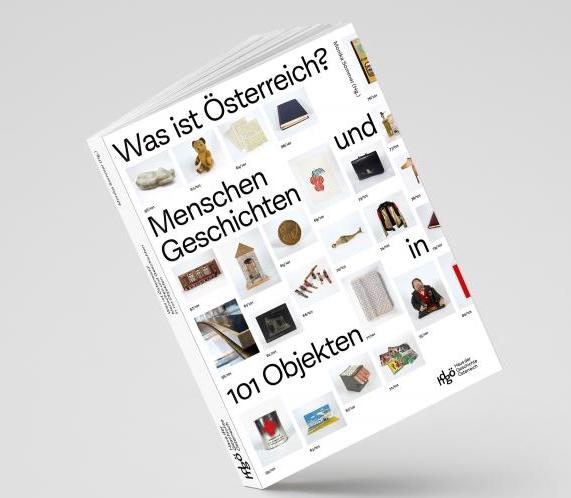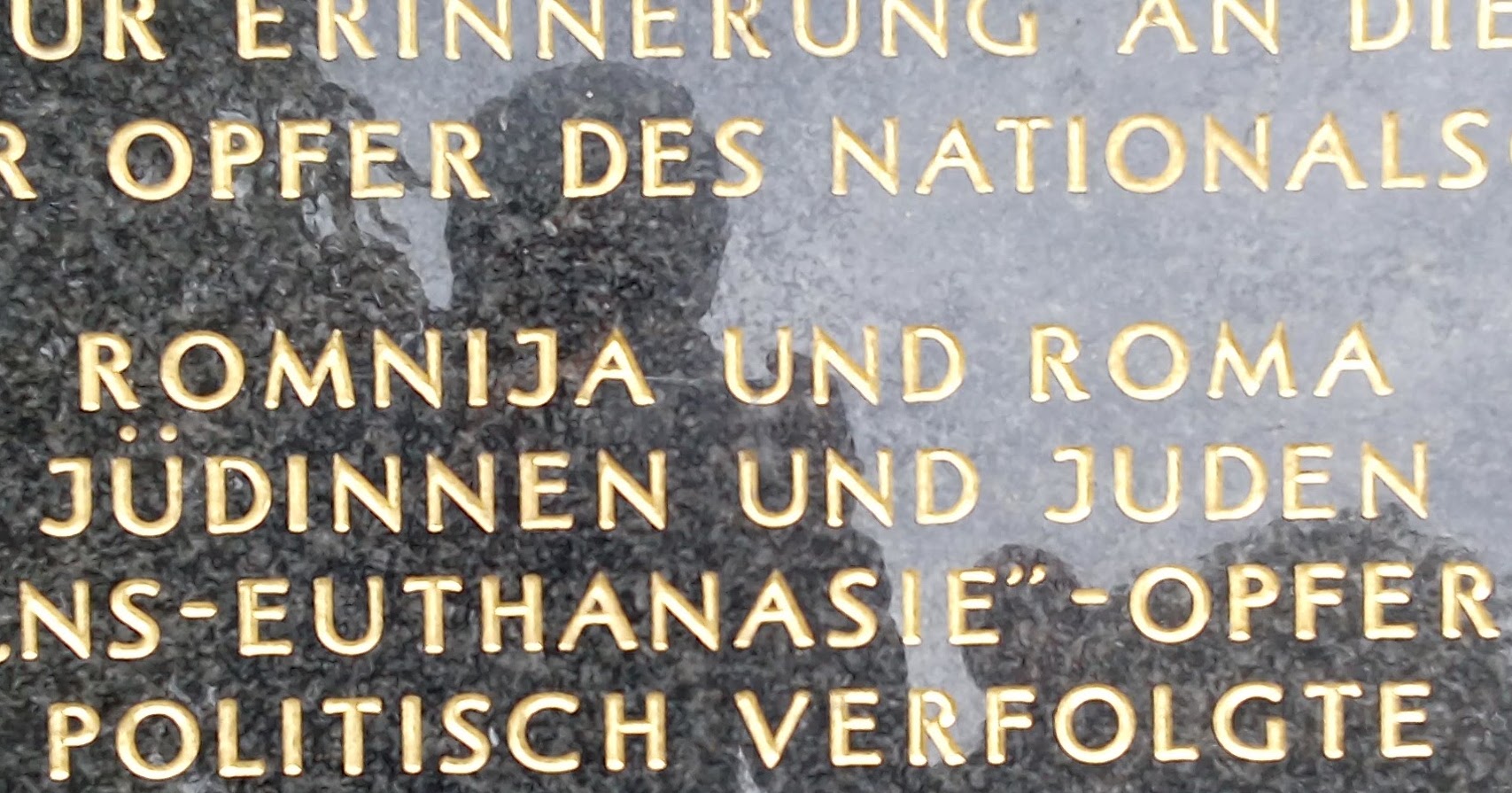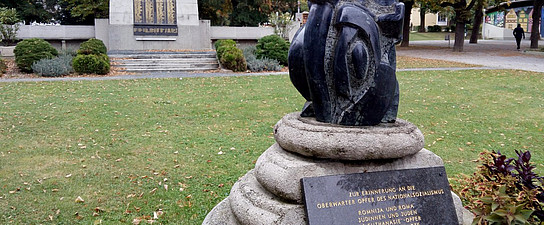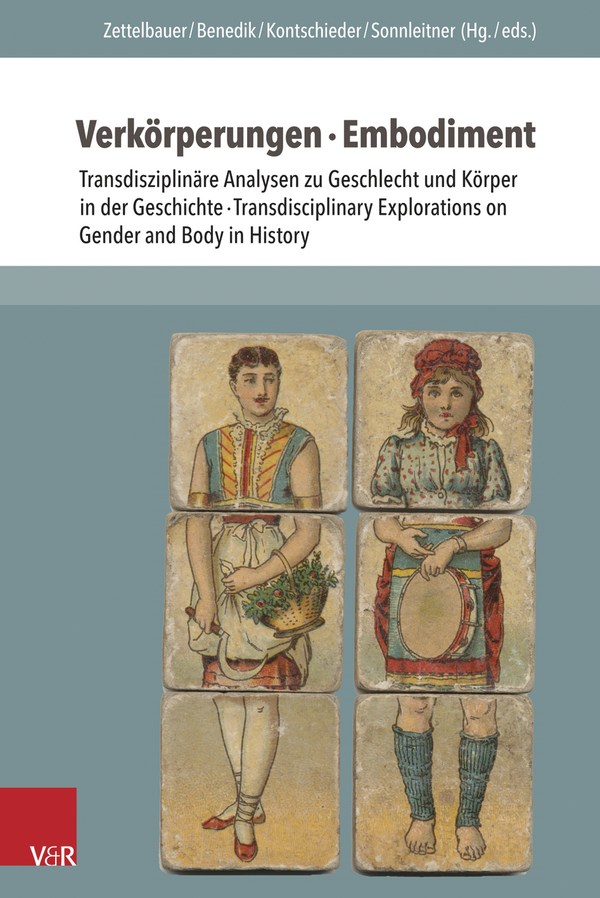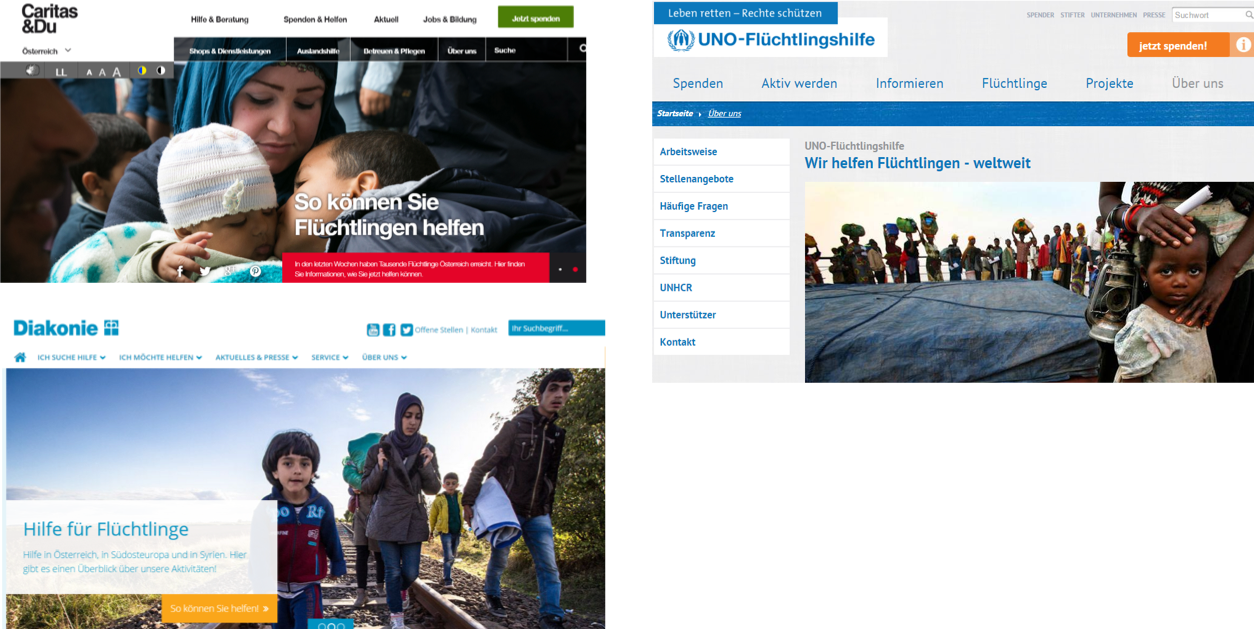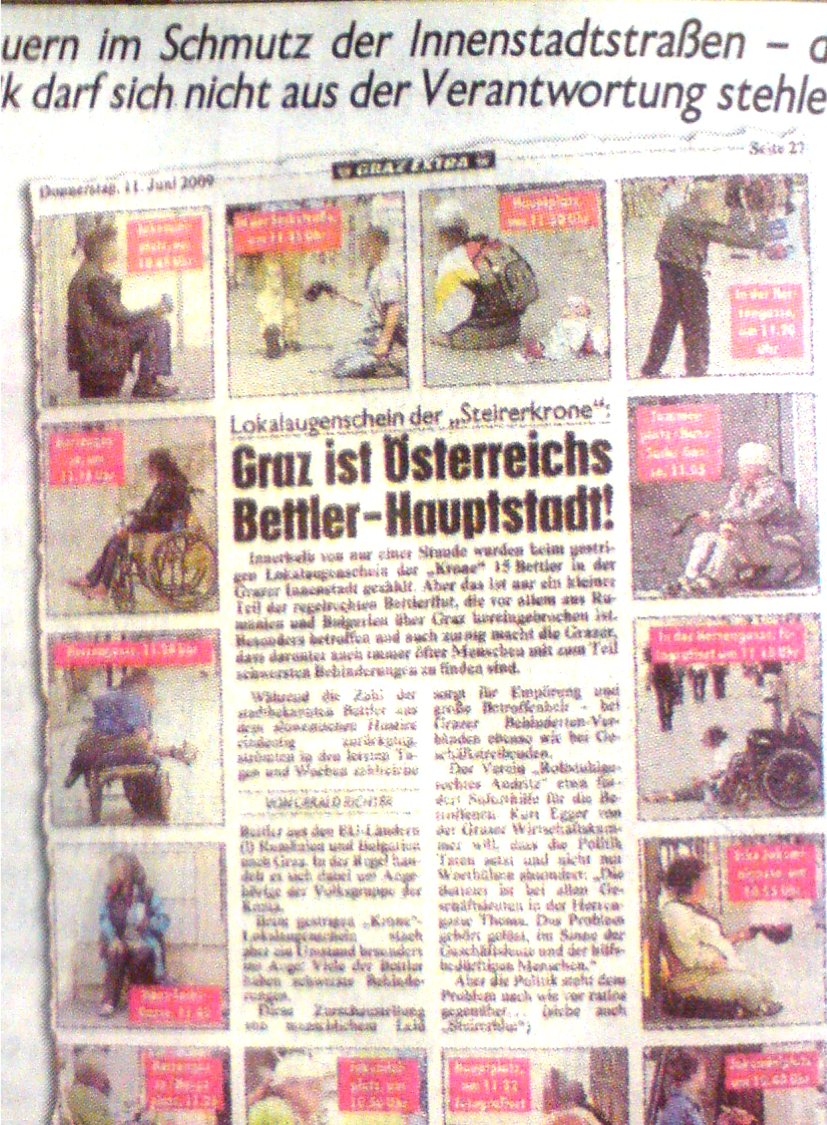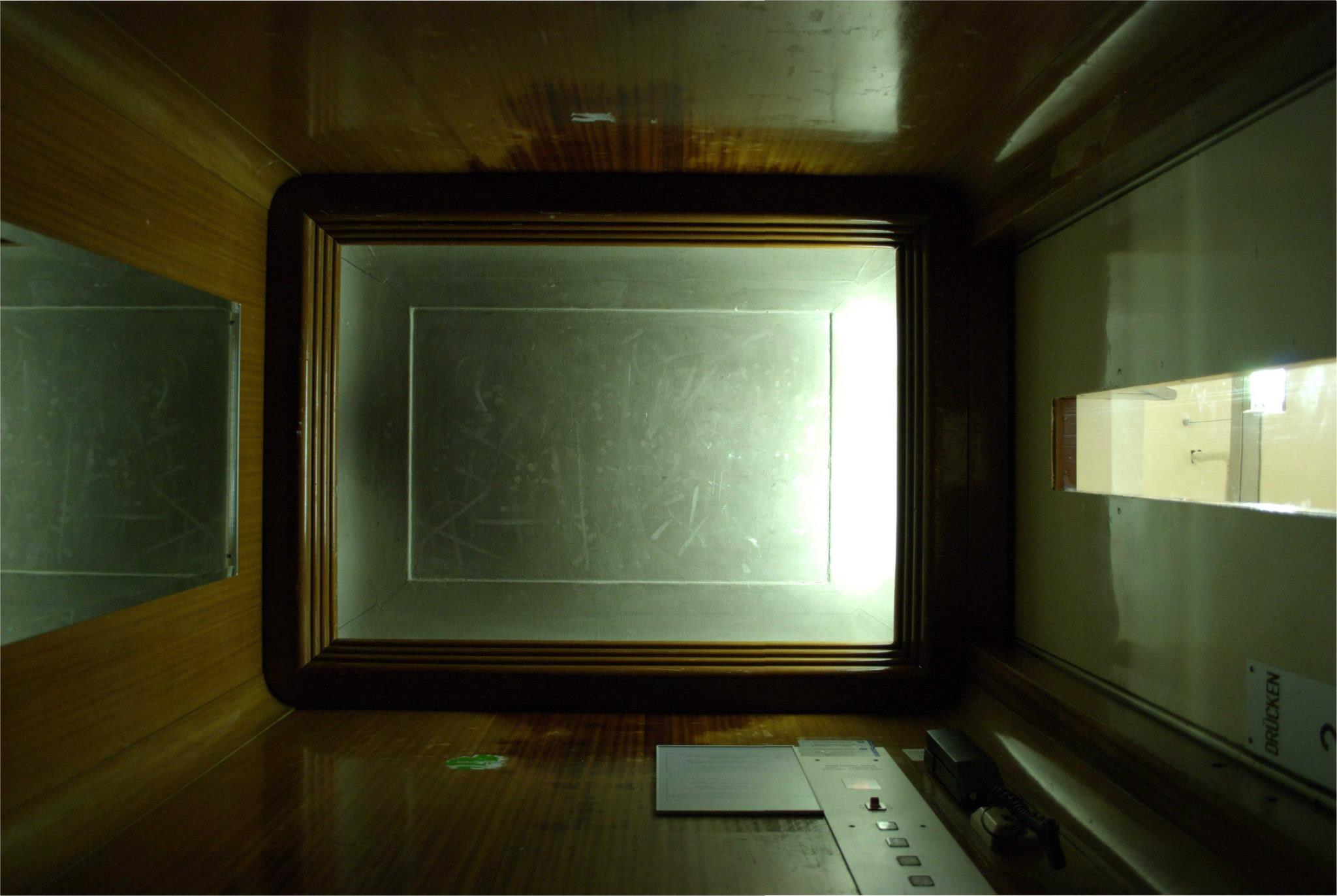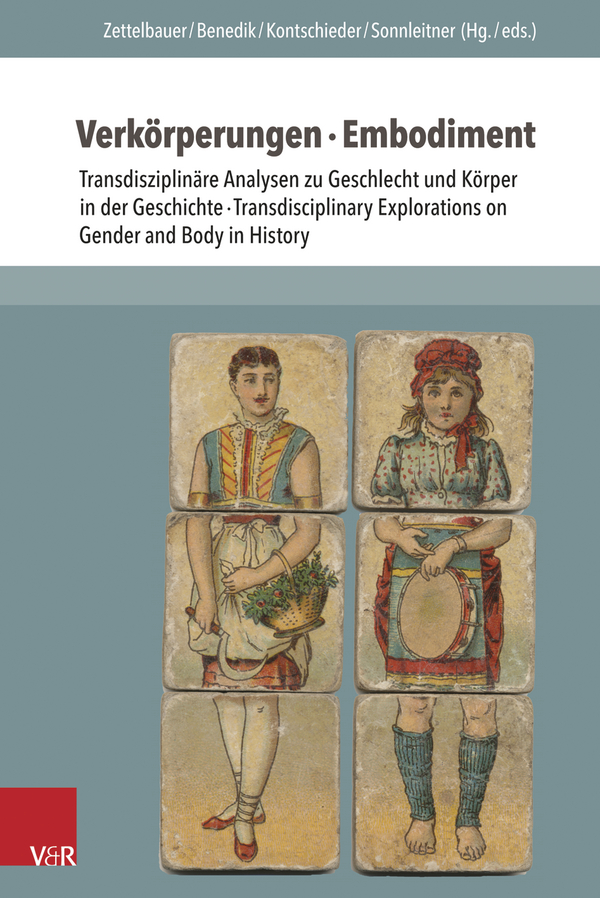Heidrun Zettelbauer, Stefan Benedik, Nina Kontschieder, Käthe Sonnleitner (eds.): Verkörperungen · Embodiment. Transdisziplinäre Analysen zu Geschlecht und Körper in der Geschichte · Transdisciplinary Explorations on Gender and Body in History. Göttingen.
Wie werden Konzepte von Körper im sozialen bzw. kulturellen Raum hergestellt? Ausgehend von dieser Frage stellt dieses Buch interdisziplinäre Zugänge zur Geschlechtergeschichte vor und bezieht dabei Kontexte vom Mittelalter bis in die Gegenwart ein. Die Beiträge nehmen nicht allein historische Körperdiskurse in den Blick, sondern zugleich Prozesse des Herstellens, des Einübens, der Affirmation, aber auch der Subversion von Körperidentitäten in der Geschichte: Wie spielten vergeschlechtlichte Körpervorstellungen und Körperperformanz in unterschiedlichen historischen Epochen zusammen? Wie setzten sich Individuen und soziale Gruppen in Beziehung zu hegemonialen Gender- und Körpernormen? Wie greifen körperliche Erfahrungen und wirkmächtige kulturelle Körperdiskurse ineinander? Welche spezifischen Funktionen nehmen vergeschlechtlichte Körperbilder in macht- und kulturpolitischer Rhetorik ein?
How are concepts of the body represented in a social or cultural context? Starting with this question, this book presents an interdisciplinary insight into the history of gender, using contexts from the Middle Ages up to the present day. These contributions take a look not only at historical discourses of the body, but also at processes of the production, the practise, the affirmation, as well as the subversion of body identities throughout history: How did gendered body representations and physical performance coexist in different historical epochs? How did individuals and social groups relate to hegemonic gender and body norms? How do physical experiences and effective cultural body discourses interblend? What specific functions do gender images of the body have in rhetoric based on power and cultural politics?
view table of contents and introduction here
